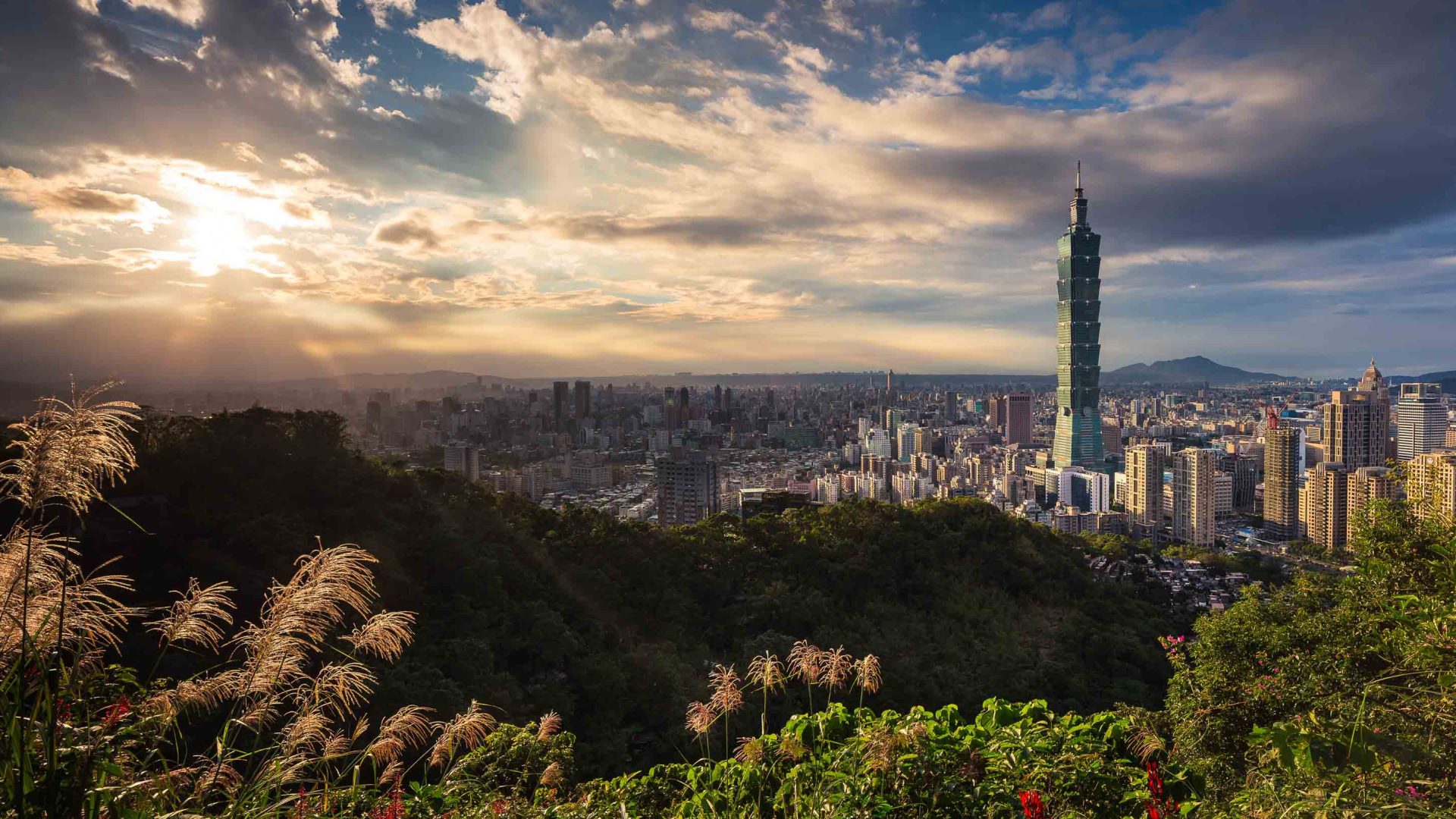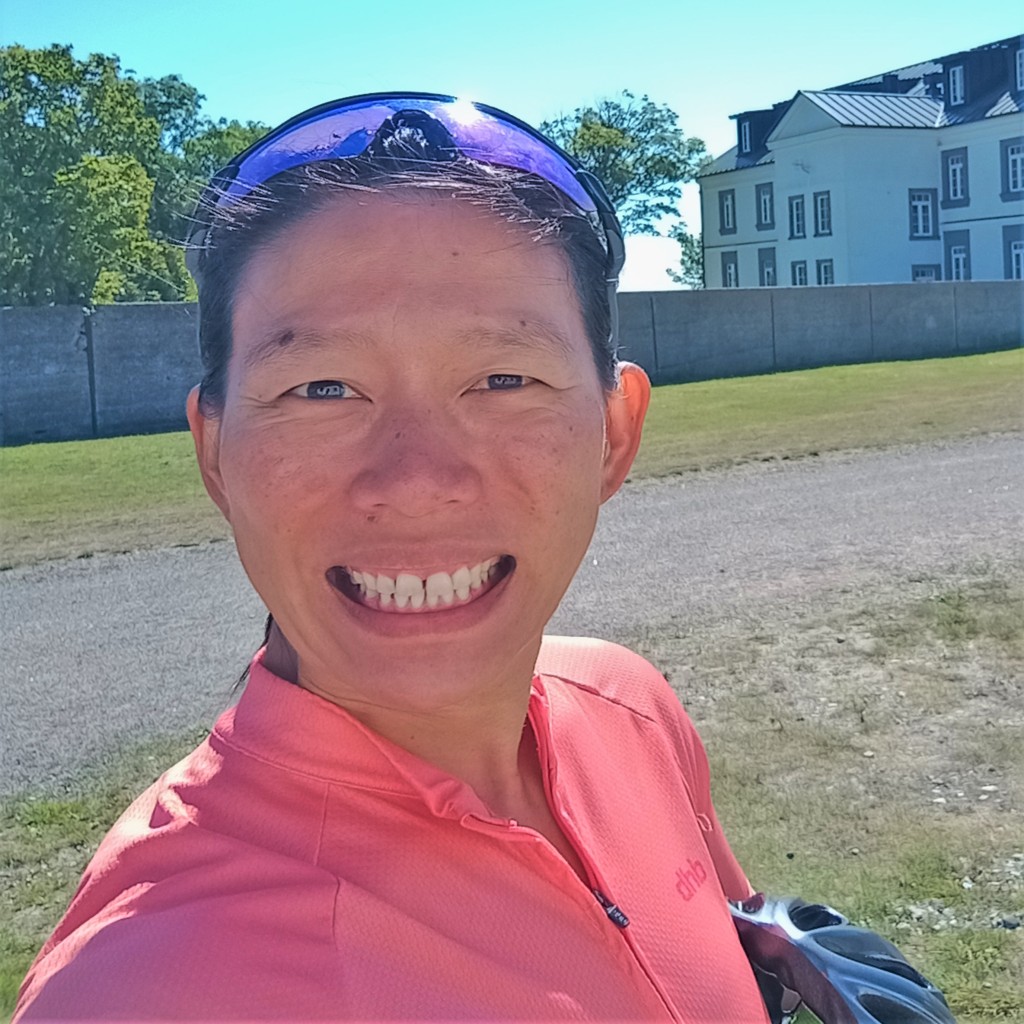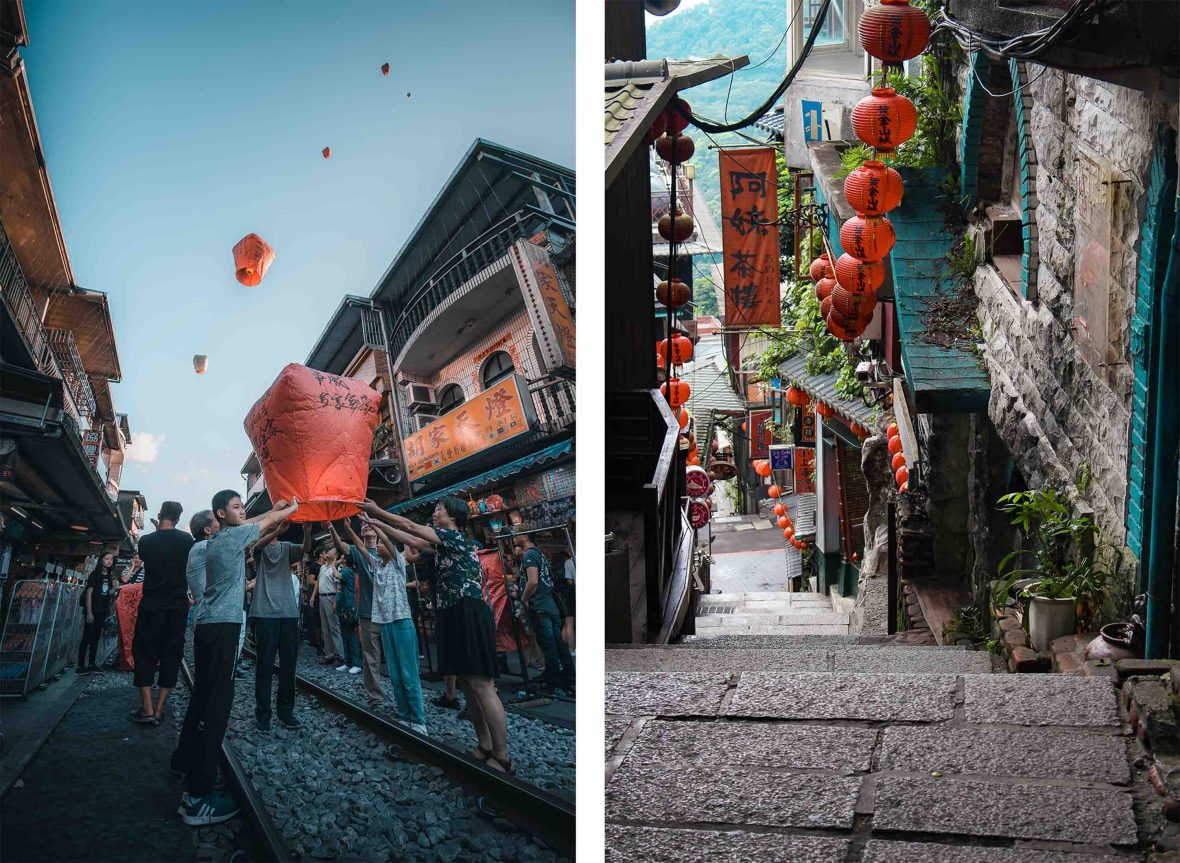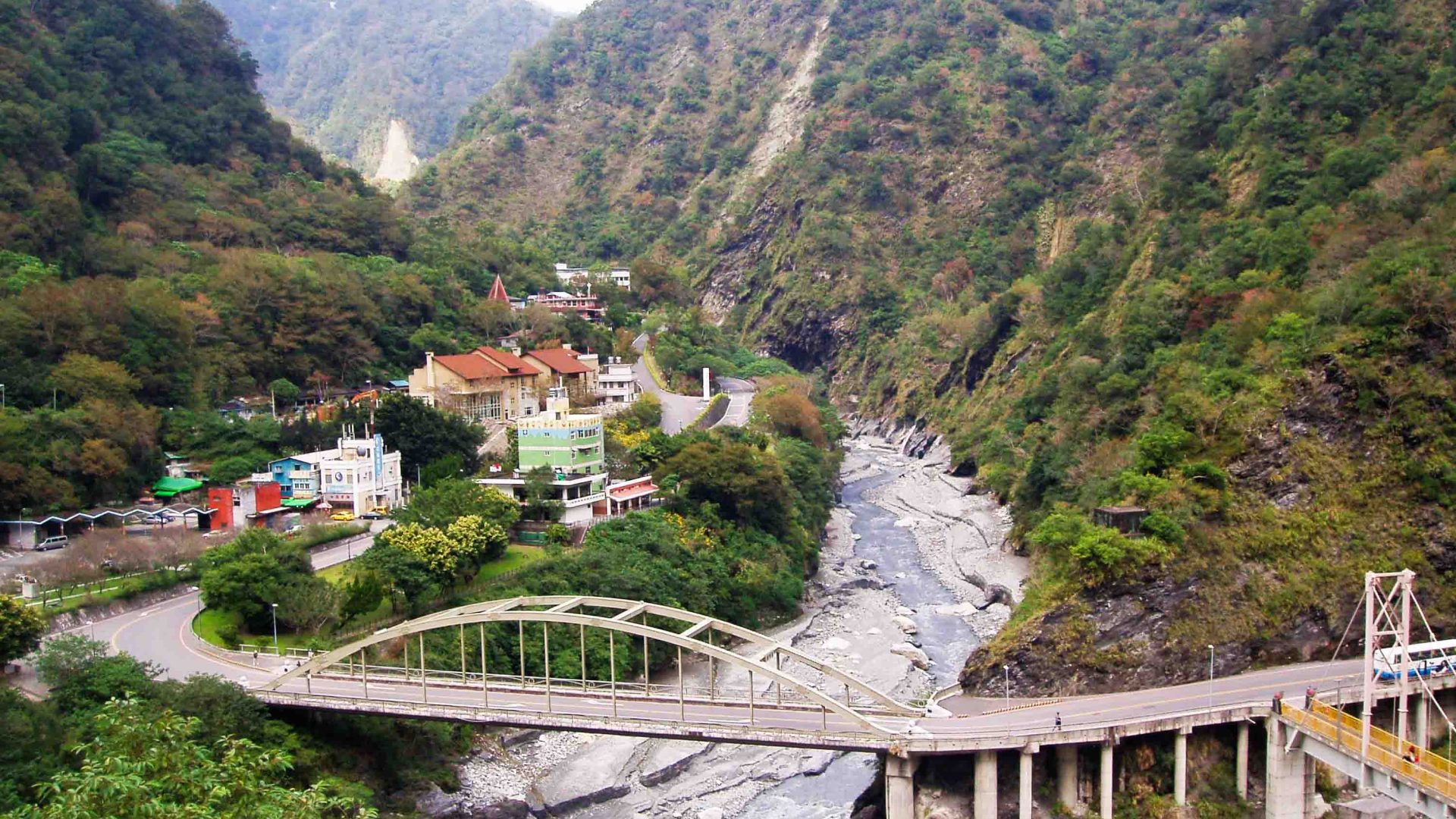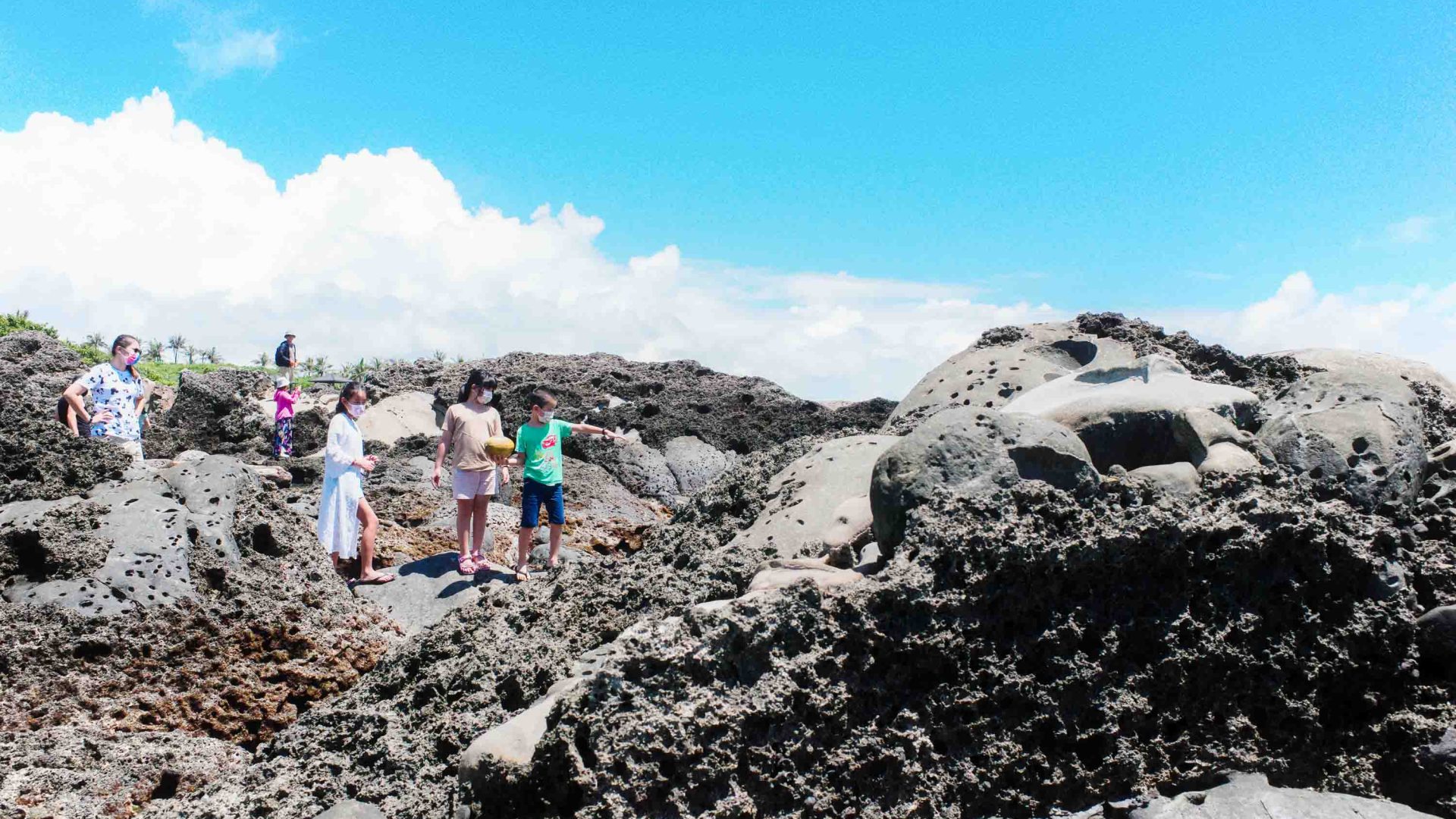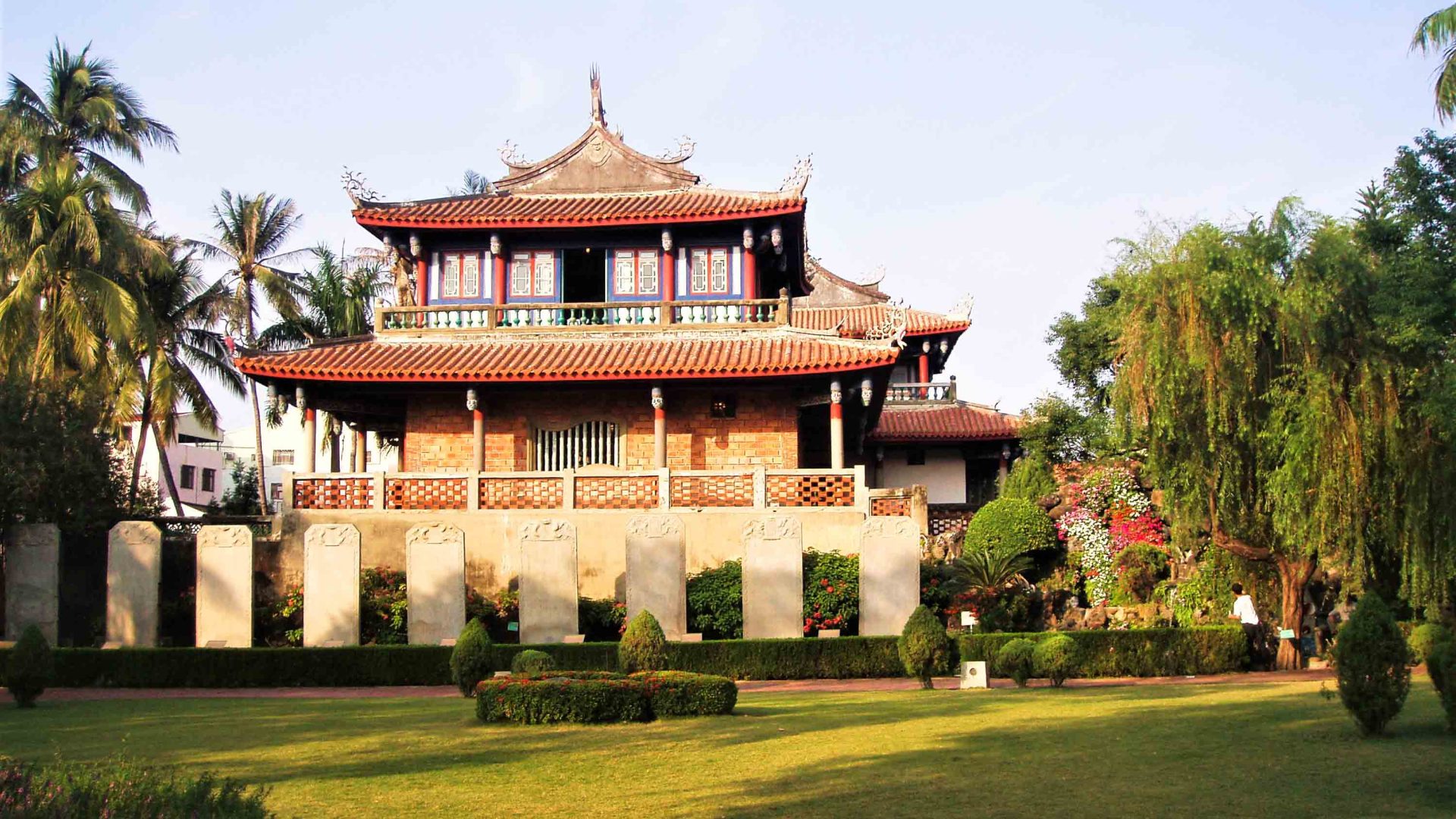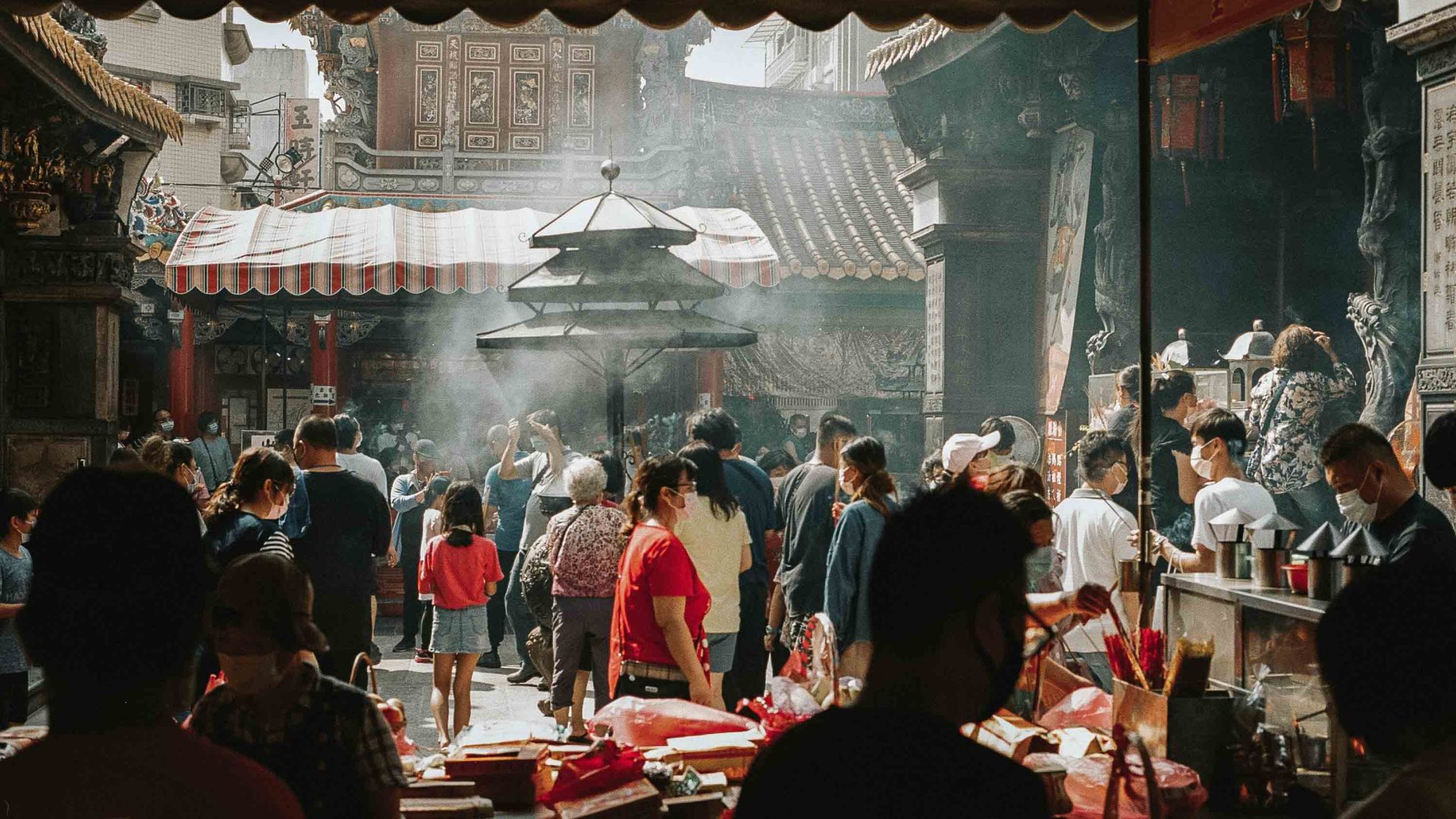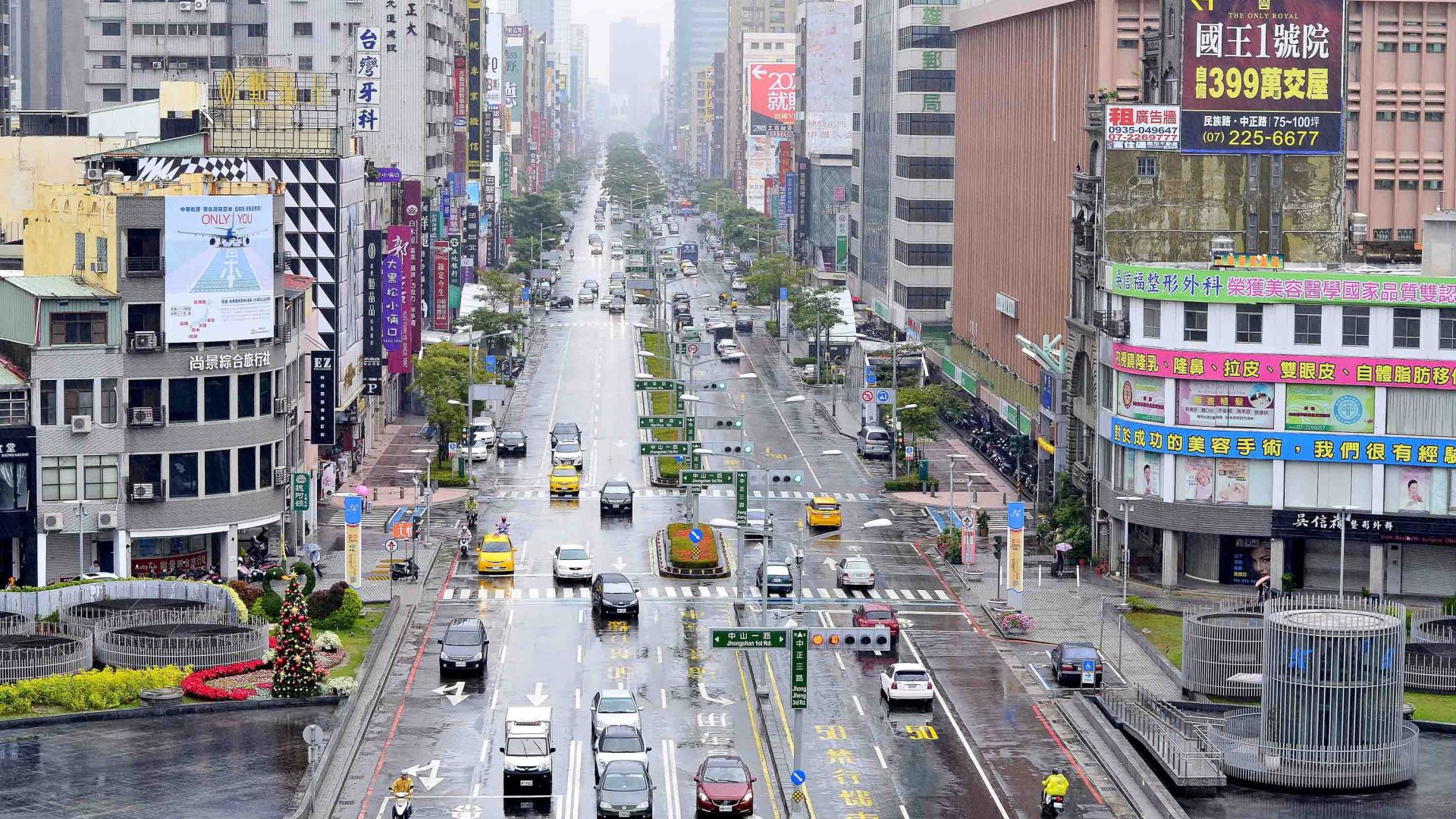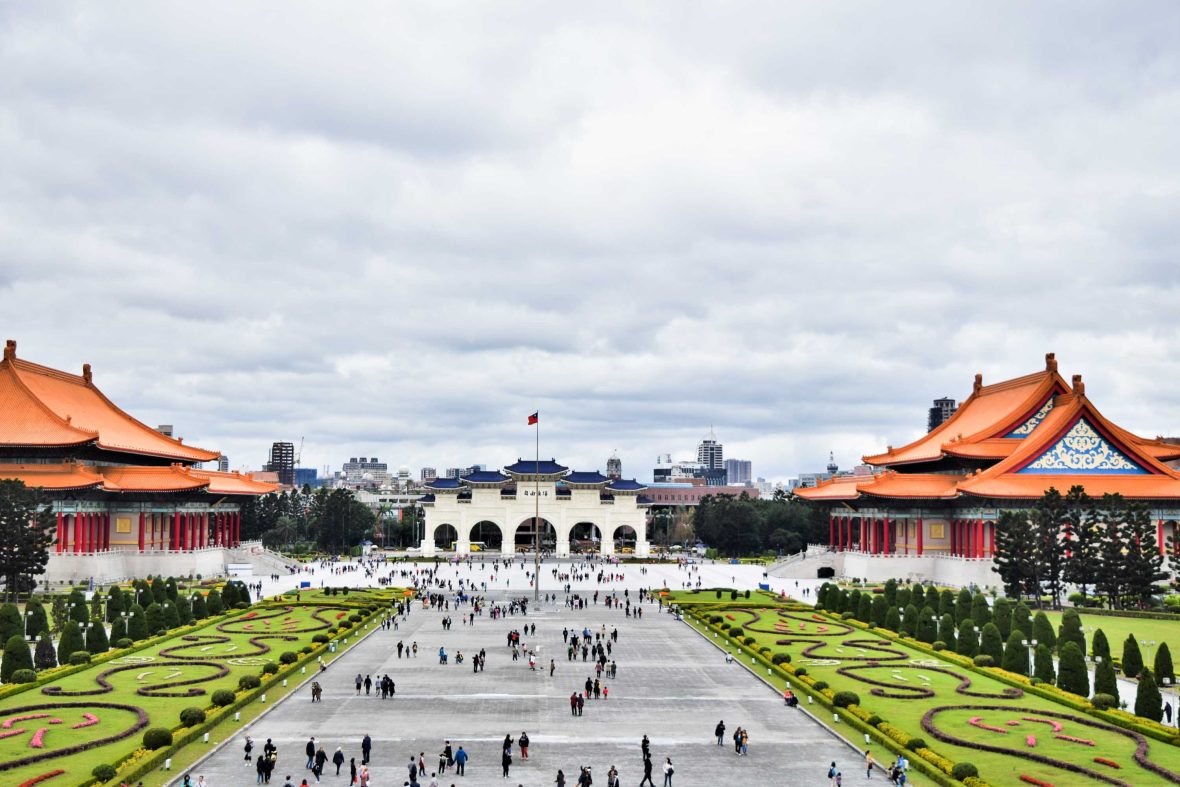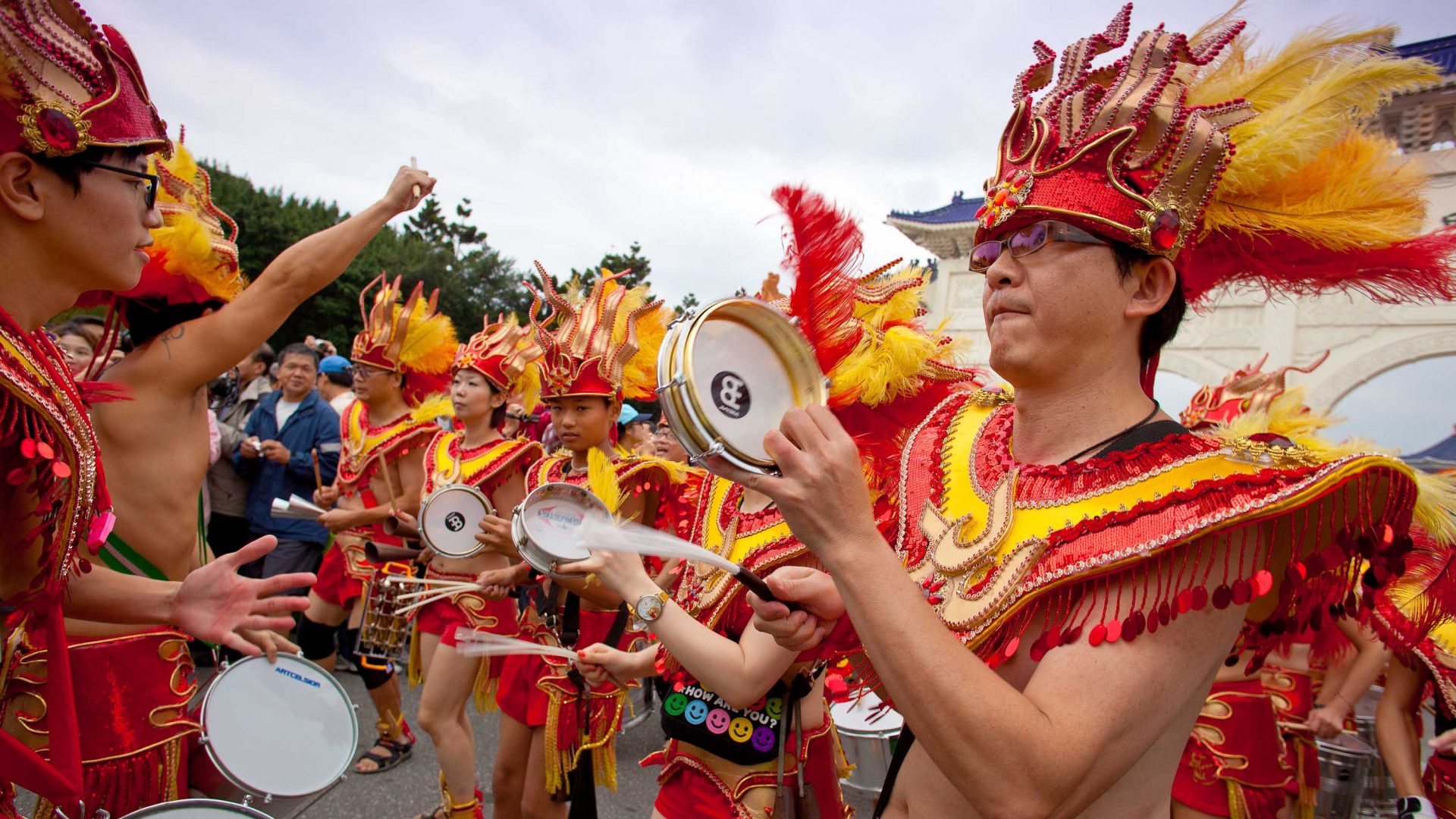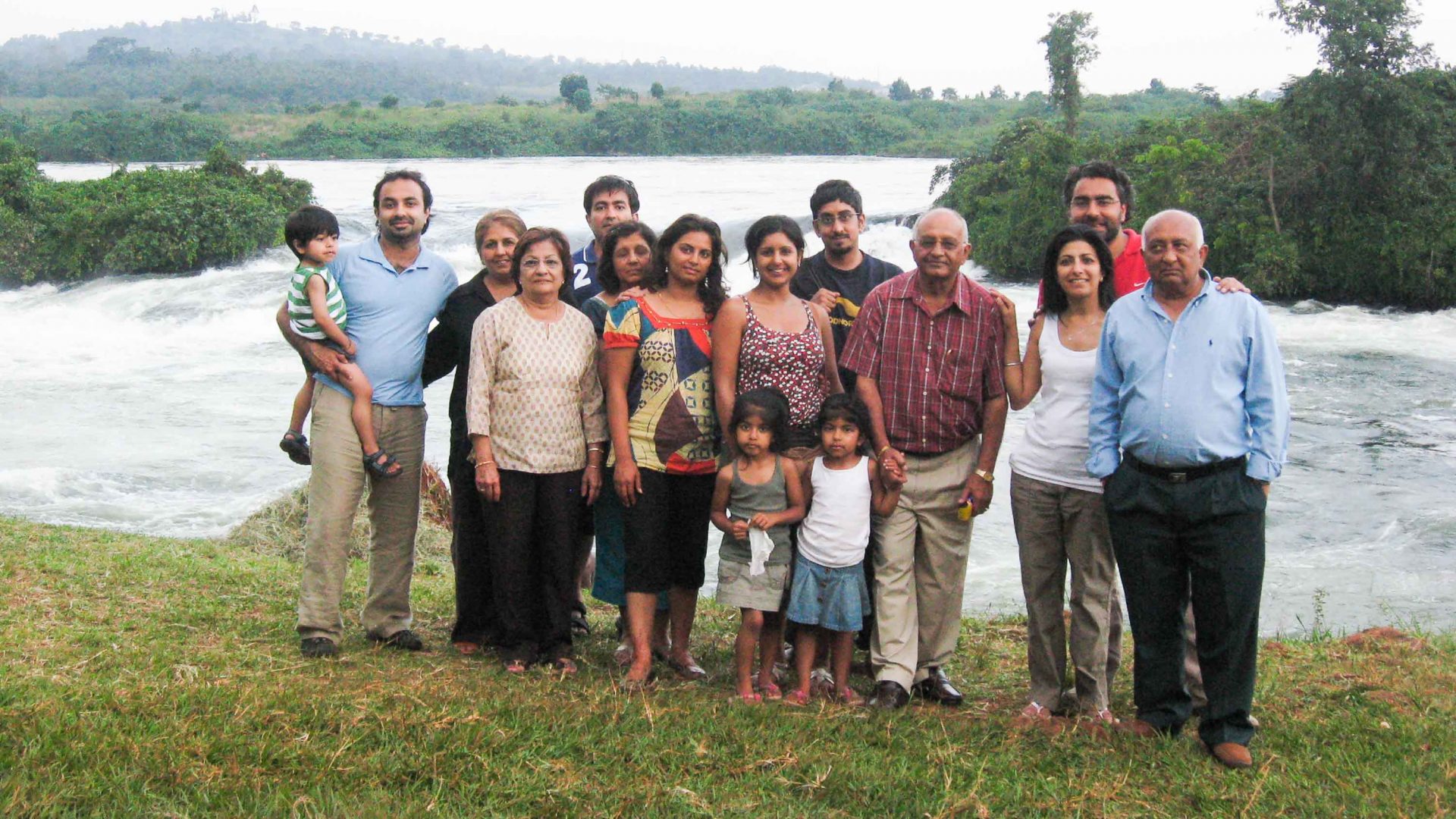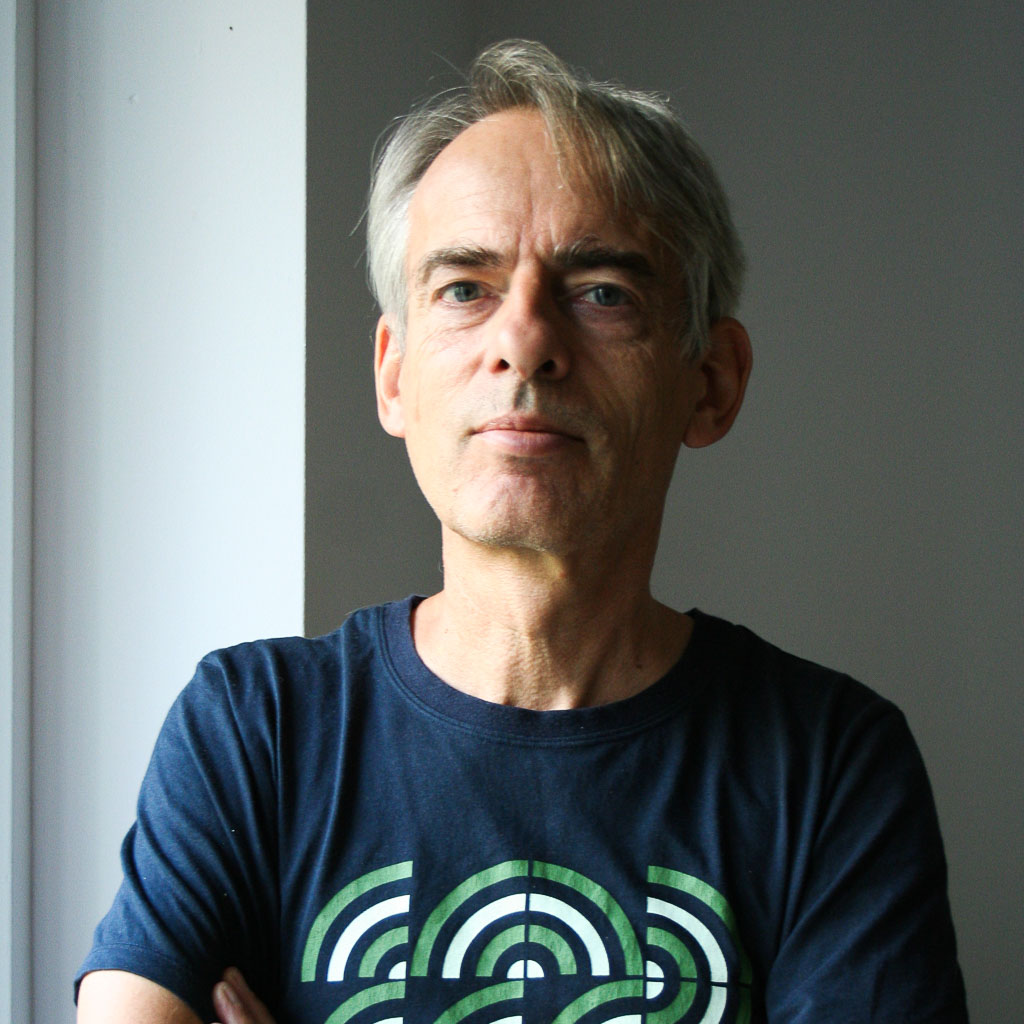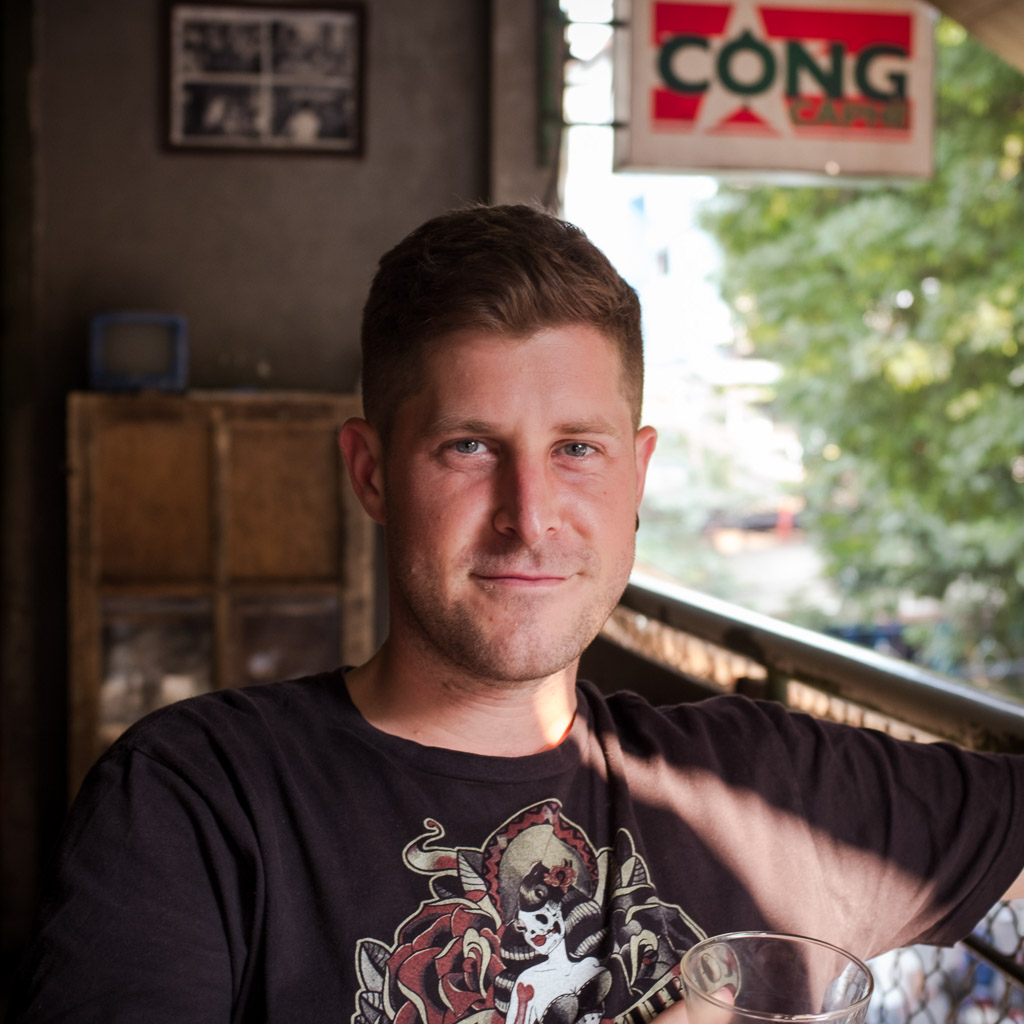Taipei Main Train Station. A hub of trains, buses and the efficient Metro system that connects Taipei to its suburbs and beyond, a crossroad of sorts, where announcements are made in Taiwanese, Chinese Mandarin, Chinese Hakka and English.
I’m in Taiwan on a personal journey of curiosity, in an attempt to find just what makes one Taiwanese—and at the same time, whether I could ever feel Taiwanese enough. But among a throng of commuters and hearing at least three languages being spoken simultaneously, I’m already confused.
I was born here, but having moved to Australia as a 10-year-old to live with my aunt and uncle—whose style of parenting was more about giving me confidence in the world than connecting with our heritage—I never had the chance to learn what it is that makes me Taiwanese, or to identify with Taiwan as my homeland. Add to that the confusion of needing to fit in at school in a society where subtle racism was common, where, if you had called yourself another nationality, then you are not Australian. This meant, as time went on, I even began to reject the idea that I could be anything but Australian.
Now older and wiser, and more politically aware, I noticed Taiwan being consistently mentioned in the news between the nation’s desire to be recognized as a country again, and China’s insistence on their sovereignty over Taiwan. I began to question the idea of identity—my own, as well as that of the Taiwanese people.
